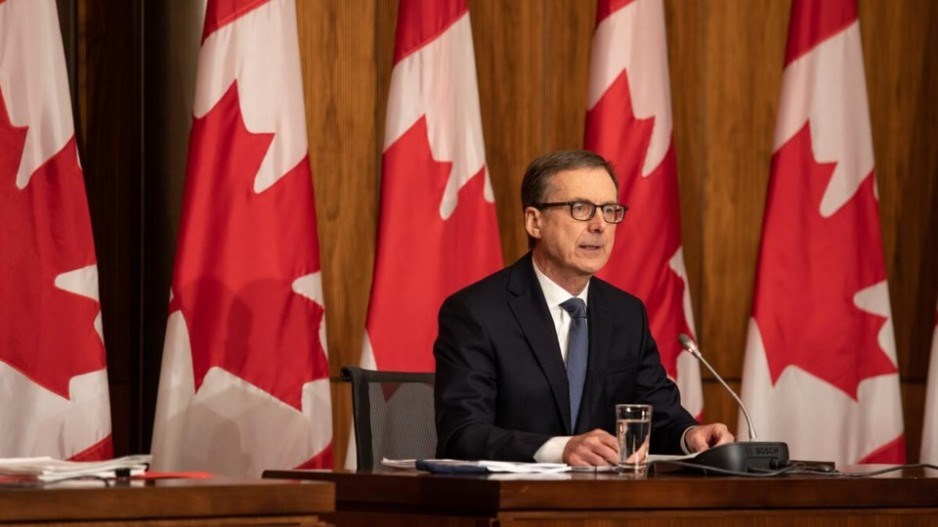The Bank of Canada is maintaining its aggressive posture when it comes to hiking its key rate.
The central bank revealed Wednesday it was hiking its rate 75 basis points to 3.25 per cent – its highest policy rate since 2008.
This comes after an unexpected rate-hike of 100 basis points back in July, all in a bid to tamp down on record-setting inflation.
Inflation grew in Canada at a rate of 7.6 per cent in July compared with 8.1 per cent a month earlier. But in B.C., inflation went up during that same period, from 7.9 per cent to 8 per cent.
COVID-19 outbreaks, supply-chain disruptions and Russia’s invasion of Ukraine continue to dampen growth and boost prices, according to the Bank of Canada’s policy decision.
The bank added its overnight rate will need to rise even further given the current outlook for inflation.
“The only question is how big will the next move be?” Benjamin Reitzes, BMO’s managing director of Canadian rates, said in a note.
“The door is wide open to allow the data to guide the next decision, but at this point the tone of the statement remains very concerned about inflation.”
Despite inflation cooling nationally in July, the bank noted this was mostly due to a drop in gas prices.
“However, inflation excluding gasoline increased and data indicate a further broadening of price pressures, particularly in services,” the Bank of Canada said in its decision.
“The Bank continues to expect the economy to moderate in the second half of this year, as global demand weakens and tighter monetary policy here in Canada begins to bring demand more in line with supply.”
Consecutive rate hikes since March have begun having a notable impact on the housing market as mortgage rates have gone up in step with hikes to the overnight rate.
Metro Vancouver homes sales were down 40.7 per cent in August compared with a year earlier, according to data released last week by the Real Estate Board of Greater Vancouver. Prices, meanwhile, were up 7.4 per cent during that same period.
Reitzes is forecasting a rate-hike of 50 basis points when the Bank of Canada makes its next rate decision Oct. 26.
But RBC senior economists Josh Nye expects a smaller rate-hike is in store, predicting a hike of 25 basis points next month. He said in a note RBC expects a “mild” recession in 2023.




